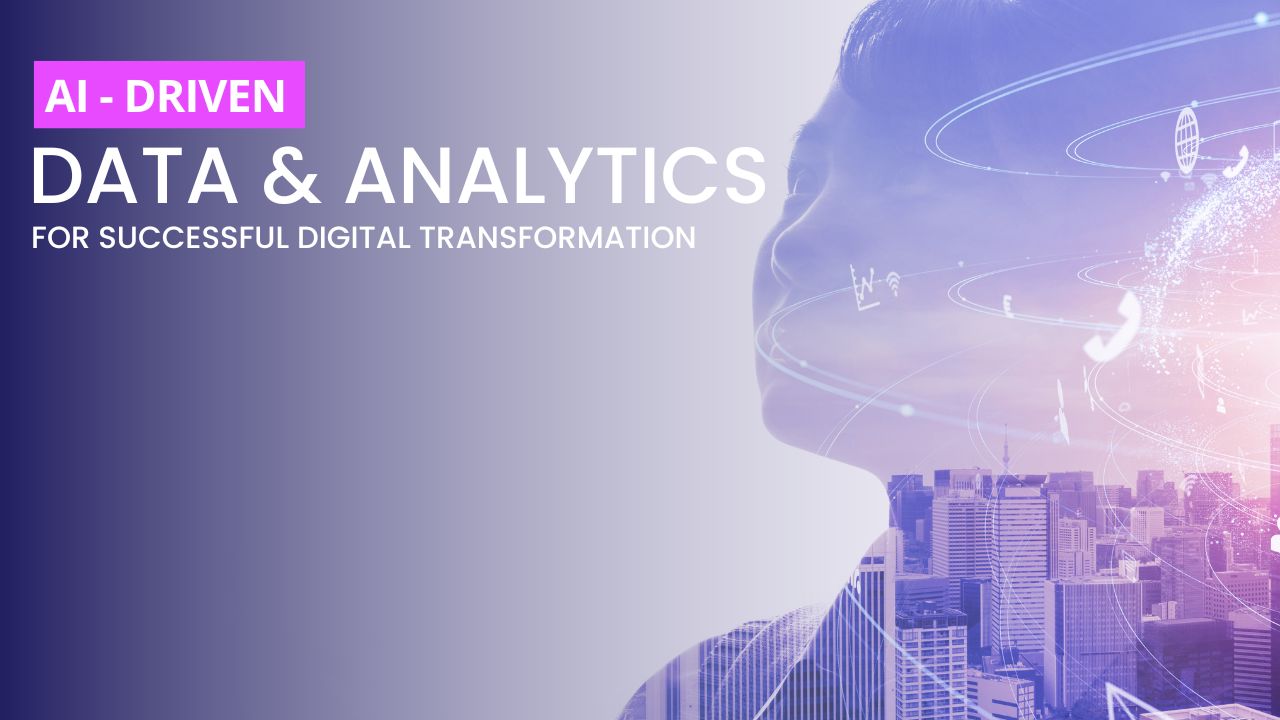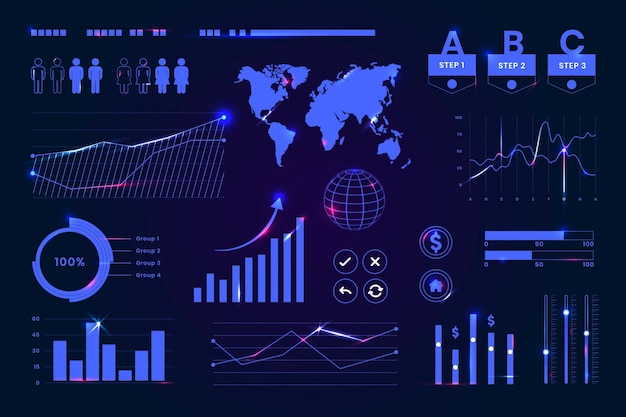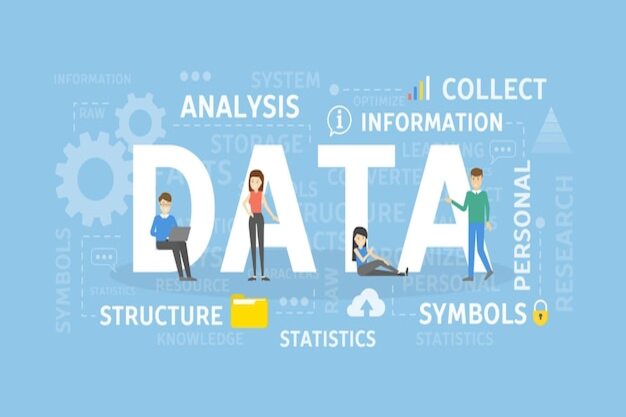
Digital transformation fundamentally changes how businesses across different industries operate and deliver customer value. Also considered significant cultural change, successful digital transformation requires organizations to continually challenge the status quo, experiment, and get comfortable with failure. In the current era of rapid technological advances, such as AI ML development, digital transformation is no longer a choice but a necessity for businesses to stay relevant in incredibly competitive domains.
One key factor driving digital transformation is the use of artificial intelligence solutions and data analytics. The combination of these two technologies is paving the way for a decision-making process that is more efficient, accurate, and faster, constantly enabling businesses to stay ahead.
Still curious? Read this blog further as we delve deeper into how businesses can leverage artificial intelligence data analysis for successful digital transformation.
What is AI Data Analytics?
AI ML development has no wonder reserved its place among the most vital technological innovations across various industries, thanks to its ability to work faster and more effectively than humans. And well, another aspect that cannot be taken for granted is we live in an era where data is generated constantly, providing valuable insights for businesses to leverage. The combination of artificial intelligent services and data analytics has proven to emerge as a clear strategy for innovation. By offering transformative effects for businesses across all industries, the insights thus generated are helping businesses make informed decisions, predict trends, and improve their operations.
It must be mentioned that artificial intelligence in data analytics can process and analyze data at a speed and scale that humans cannot match. This capability allows businesses to quickly identify data patterns and trends, which can lead to more effective decision-making. AI ML services and capabilities, such as facial recognition, voice assistants, and predictive text, have become so advanced that many AI systems rely on neural networks. These algorithms not only imitate how human intelligence works to recognize relationships between vast amounts of data but also provide us with actionable feedback.

AI for Data Analytics and Predictive Analytics
Data is a valuable resource, from user-tracking data on apps and websites to newsletter conversion rates and online advertising click-throughs. However, understanding and analyzing this vast amount of data for practical use can take time and effort. This is where data mining comes into play, delivering vast quantities of often unstructured data. Data collection can be used to identify patterns, report results, and find relationships between variables.
Predictive analytics takes this a step further. It uses historical data to make predictions about future events. These judgments are based on past experiences, speculating that the future will follow similar patterns. However, predictive analytics is limited by the volume, time, and cost constraints of human data analysts.
The Role of AI & Data Analytics Tools in Digital Transformation
AI ML services are used in analytics to find new insights, predict outcomes, and unify customer data and analytics. Here, we discuss the role of AI & data analytics tools in digital transformation.
1. Enhanced Decision-Making
Enhanced decision-making is one of the most significant benefits of artificial intelligence development and analytics. AI can analyze vast amounts of data and generate insights to help businesses make informed decisions. For example, predictive analytics can help enterprises to forecast future trends, enabling them to make proactive decisions.
2. Improved Customer Experience
When used together, AI & data analytics tools can significantly improve the customer experience. AI in marketing leverages data to provide personalized recommendations, predict customer behavior, and enhance customer service. By analyzing customer data, these tools help create tailored experiences that increase customer satisfaction and loyalty.
3. Increased Operational Efficiency
AI can automate routine tasks, allowing employees to focus on strategic initiatives. This can lead to increased operational efficiency and productivity. Several businesses already use AI ML development services to automate data entry, report generation, and customer service through chatbots. For further operational efficiency, consider outsourcing specific job functions to contractors. This can offer cost savings and specialized expertise. Learn more in this comprehensive guide.
4. Innovation and New Business Models
AI-driven data and analytics can lead to innovation and the development of new business models. Businesses can identify new opportunities and create innovative products and services by analyzing data. For instance, AI can help companies identify market gaps, develop new products, and even create new business models.
Implementing AI-Driven Data and Analytics for Digital Transformation

AI systems can use analytics data to predict outcomes and plot successful courses of action. By analyzing data from hundreds of sources, these AI-powered tools can offer predictions about processes or methods that work and those that do not. You must implement these tools and processes properly to get the most out of artificial intelligence data analysis.
1. Data Collection and Management
The first step in leveraging AI-driven data and analytics is data collection and management. Businesses must collect data from various sources, such as customer interactions, operations, and external sources. This data needs to be cleaned, organized, and stored to be easily accessed and analyzed.
2. Choosing the Right AI Tools and Technologies
There are various AI tools and technologies available in the market. Businesses need to choose the ones that best fit their needs. This could include machine learning platforms, natural language processing tools, and data visualization software.
3. Building AI Skills and Capabilities
To effectively leverage AI ML development, businesses need to build AI skills and capabilities. This could involve hiring AI specialists, training existing employees, or partnering with AI service providers.
4. Ensuring Data Privacy and Security
Data privacy and security are critical when implementing AI-driven data analytics and insights. Businesses must ensure that they comply with data protection regulations and that their data is secure.
The Final Note
The digital era has brought an influx of data, and businesses need a way to compile, analyze, and leverage it. Properly analyzing large amounts of data can help understand trends and identify opportunities. AI-driven data and analytics solve this challenge, providing a more efficient, accurate, and faster decision-making process. Businesses can successfully navigate their digital transformation journey by leveraging AI for data analytics and staying competitive in the ever-evolving market.
Share this post
Leave a comment
All comments are moderated. Spammy and bot submitted comments are deleted. Please submit the comments that are helpful to others, and we'll approve your comments. A comment that includes outbound link will only be approved if the content is relevant to the topic, and has some value to our readers.

Comments (0)
No comment